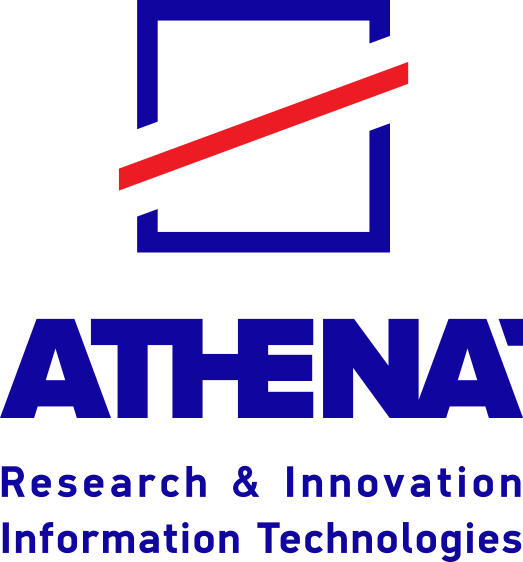[Archimedes Talks Series] Fuzzy Cognitive Map models for pattern classification and time series forecasting
Title: Fuzzy Cognitive Map models for pattern classification and time series forecasting
Speaker: Gonzalo Nápoles, Assistant Professor at Tilburg University
Abstract: Fuzzy Cognitive Maps (FCMs) are knowledge-based recurrent neural networks originally devoted to modeling and simulating complex systems involving several variables and feedback loops. In these networks, neural concepts represent variables, entities, or states relevant to the physical system being studied. Weights indicate the strength of causality, correlation, or association between the concepts, leading to models that can be deemed interpretable from a static viewpoint. The most prominent characteristic of FCM models is that they allow domain experts to inject knowledge into the model through the weight matrix and concepts’ activation values, thus allowing for hybrid intelligence. Unfortunately, their predictive power had been deemed subpar when compared to other machine learning and deep learning models. In this lecture, I will elaborate on the reasons behind such poor performance and introduce some algorithmic solutions that address this problem to a large extent. In that regard, I will present two FCM-rooted models termed Recurrence-aware Long-term Cognitive Networks and Long Short-term Cognitive Networks, which are oriented to pattern classification and time series forecasting, respectively. While the former is as accurate as black-box machine learning models, the latter often outperforms other deep learning architectures while being up to hundreds of times faster.
Bio: Gonzalo Nápoles is a tenured Assistant Professor at the Department of Cognitive Science & Artificial Intelligence, Tilburg University, The Netherlands. My research involves two main directions. The first one involves Neural Cognitive Modeling and its potential for designing interpretable intelligent systems enabling hybrid intelligence. The second one involves Fuzzy Cognitive Mapping applied to fairness research, such as quantifying and mitigating bias.



